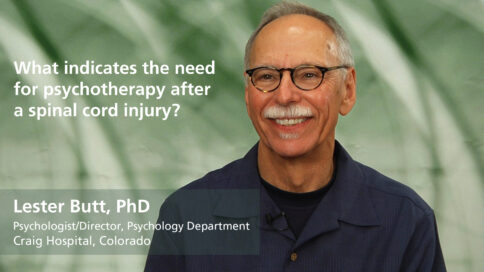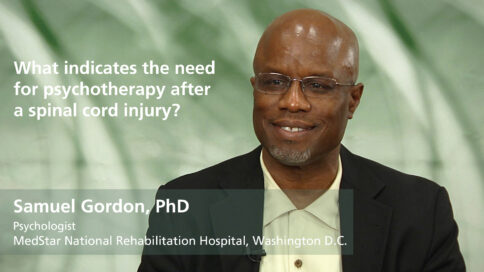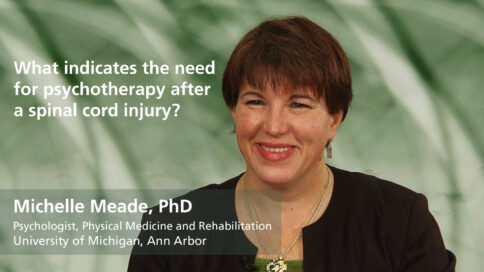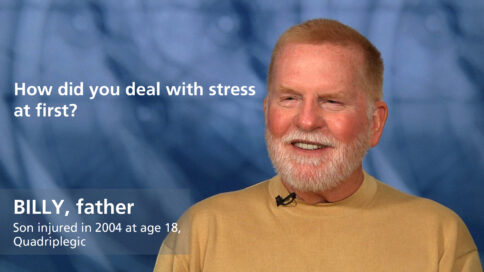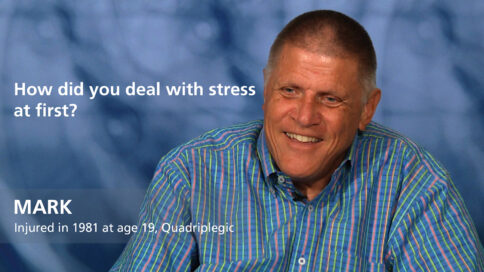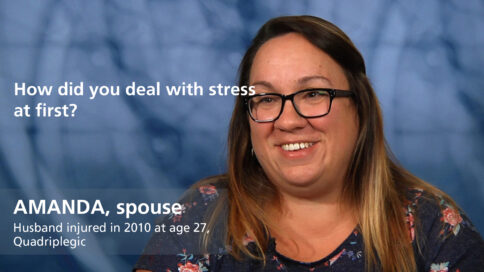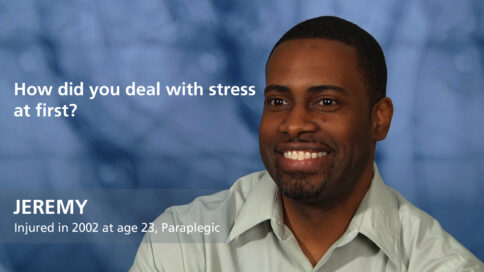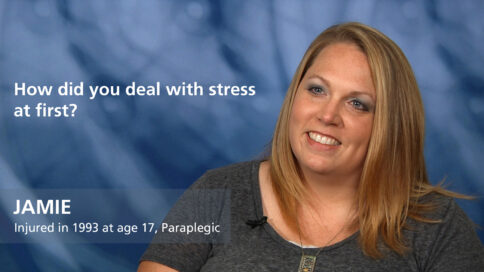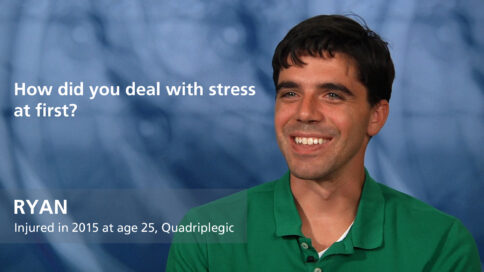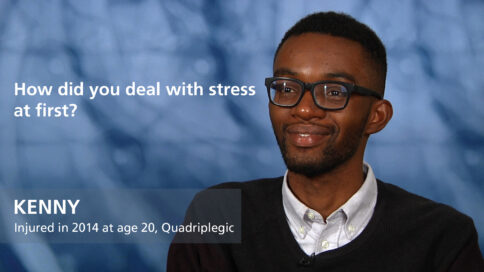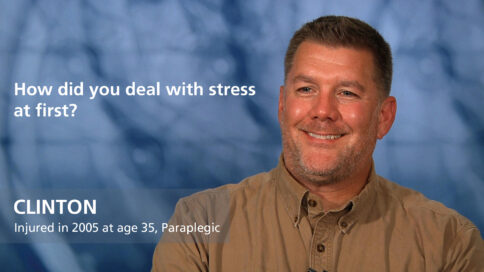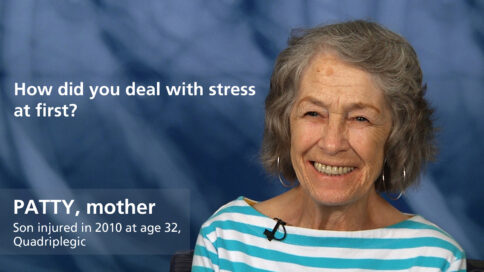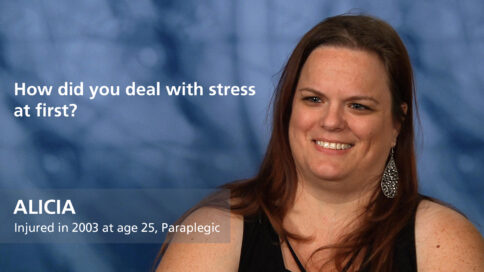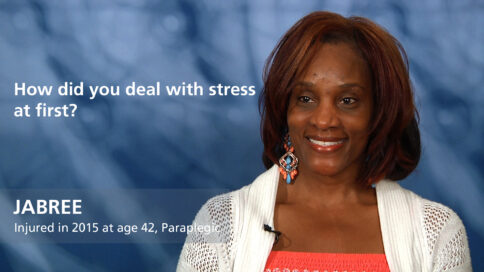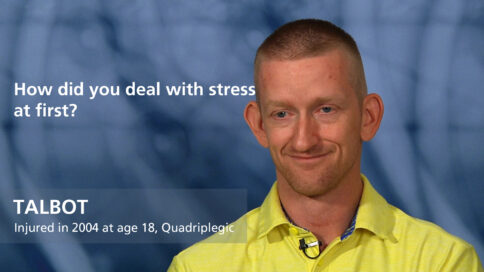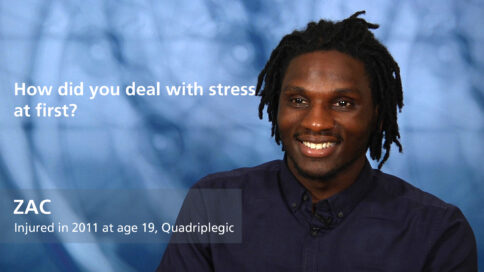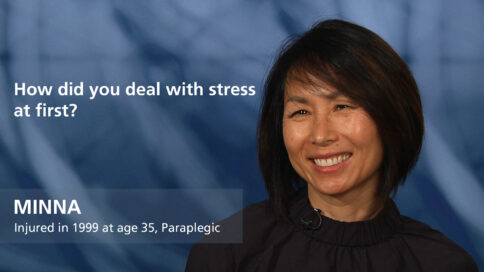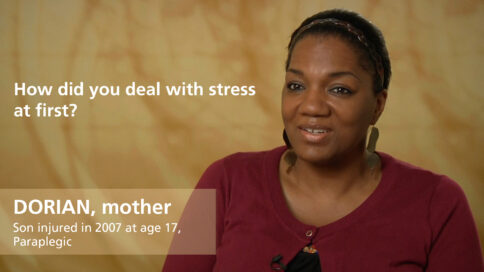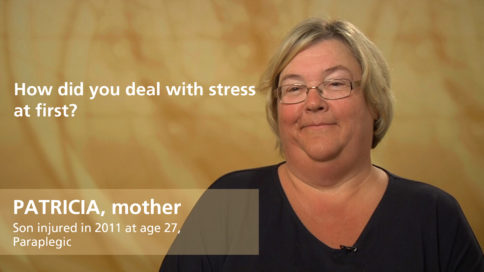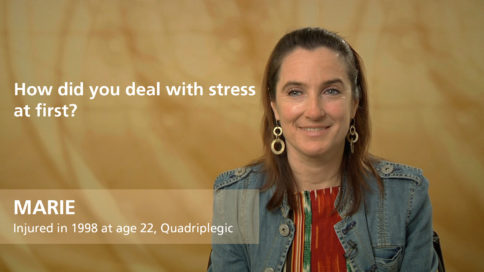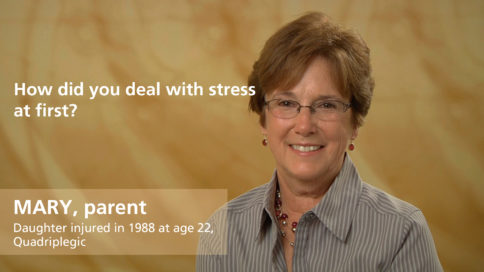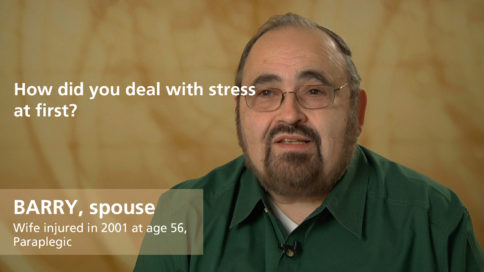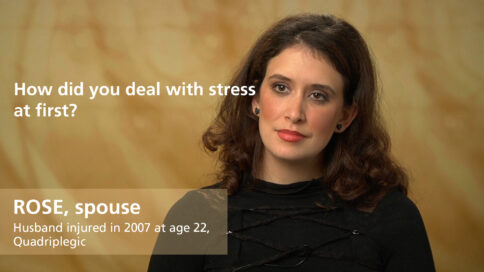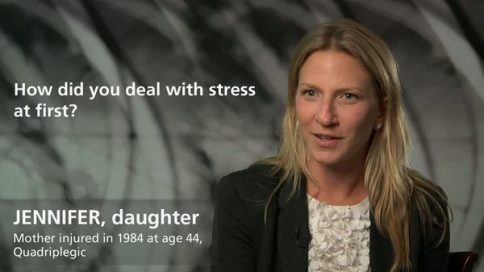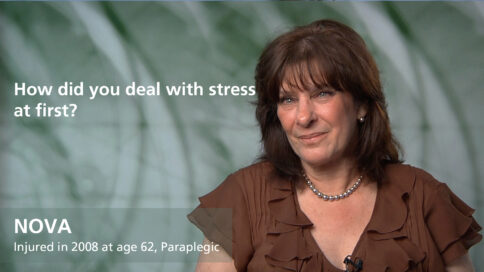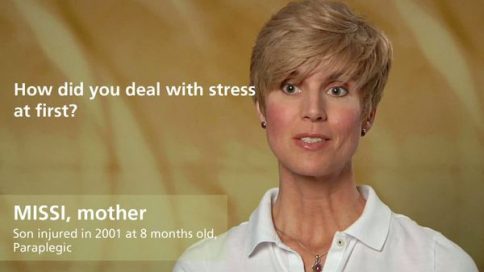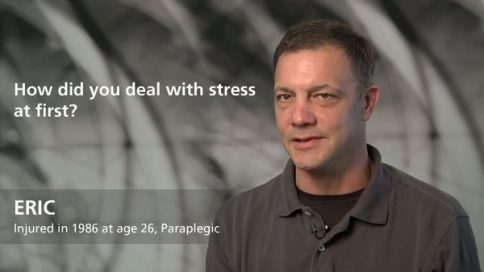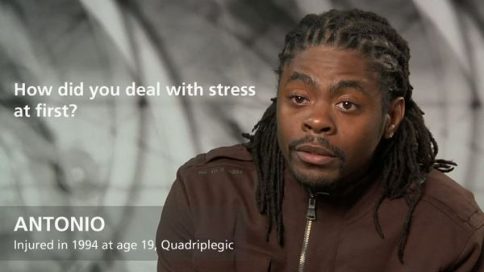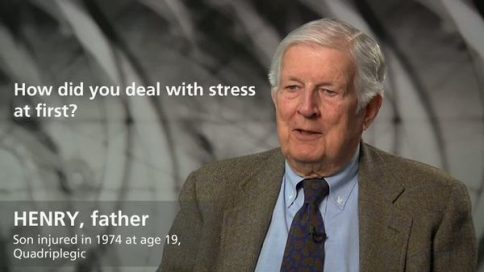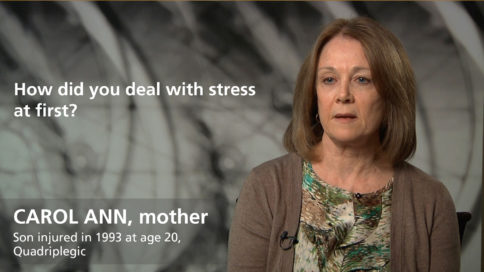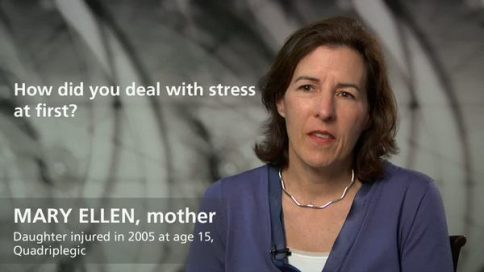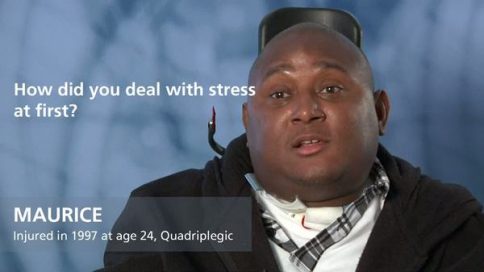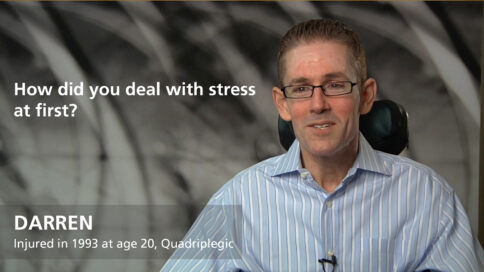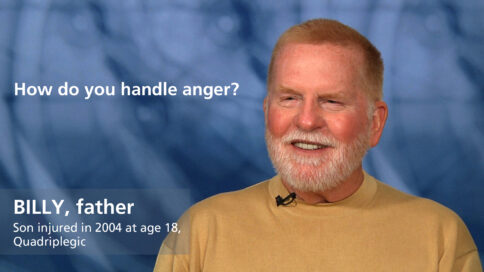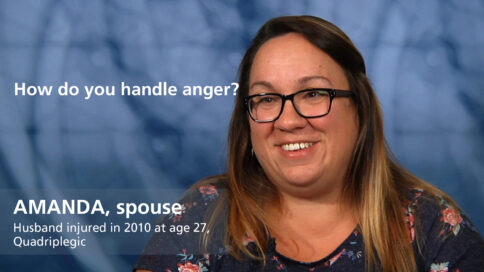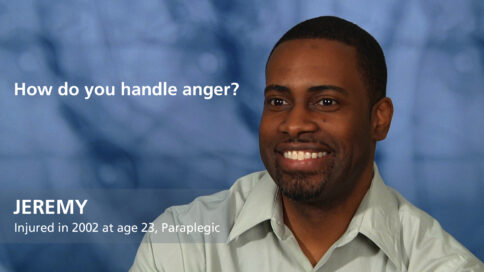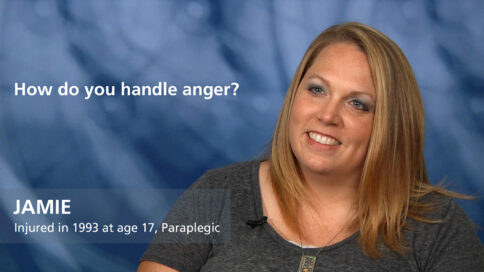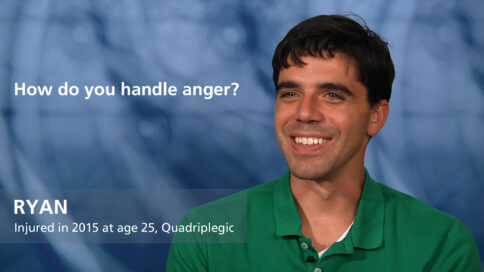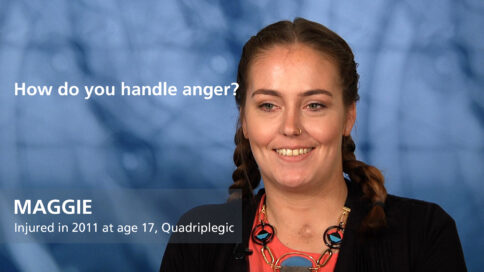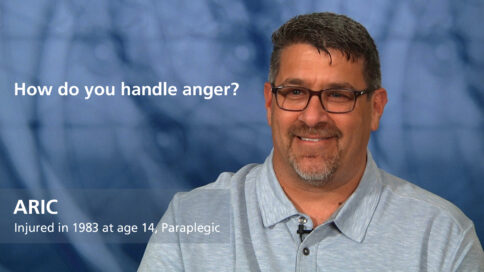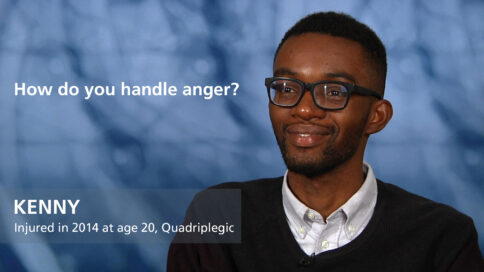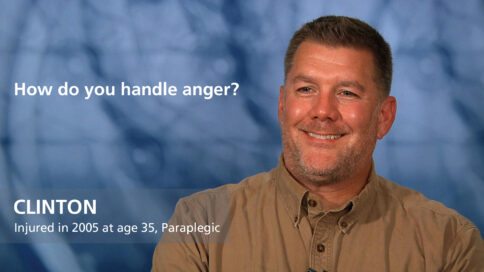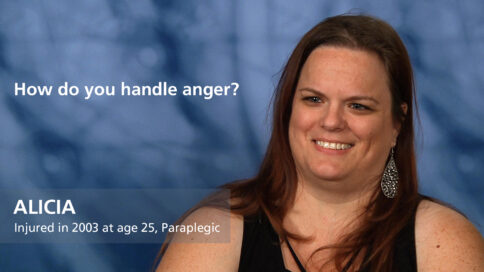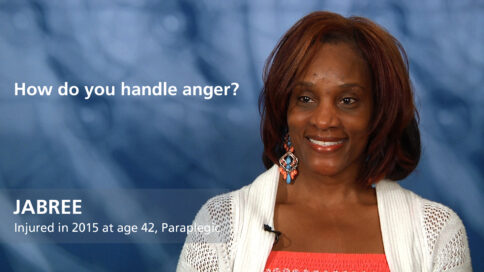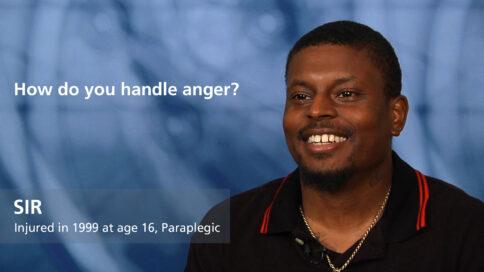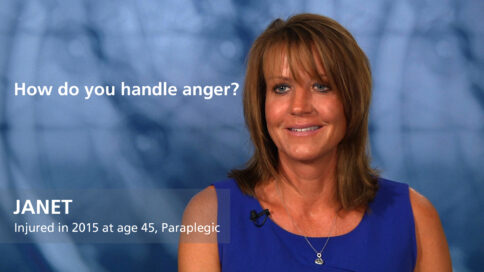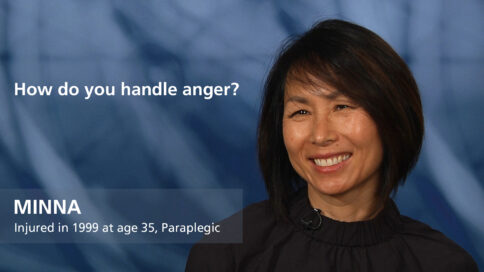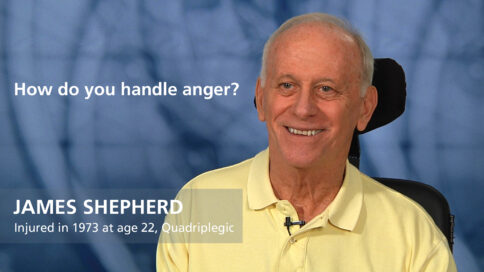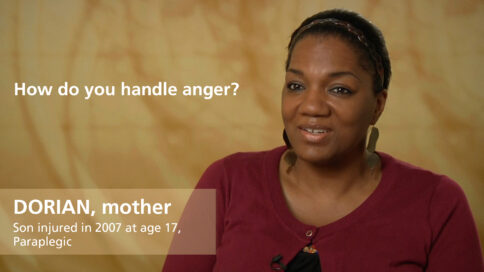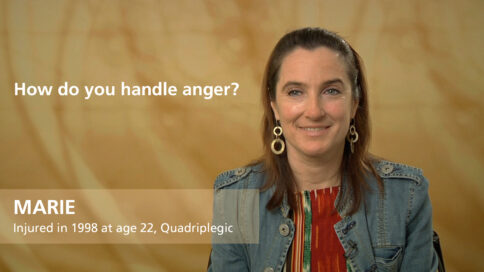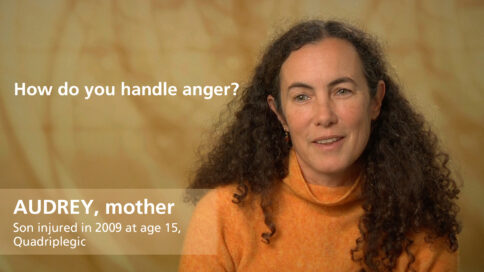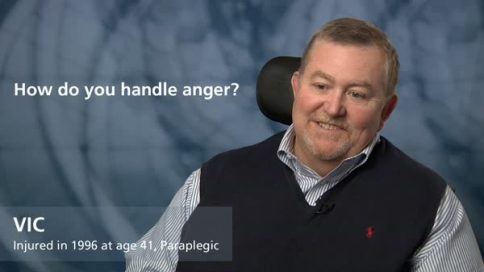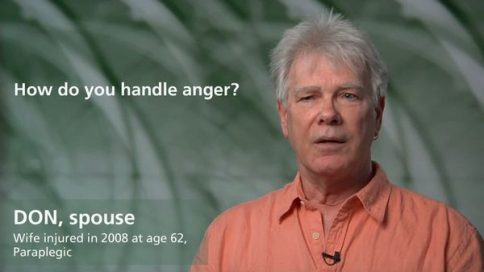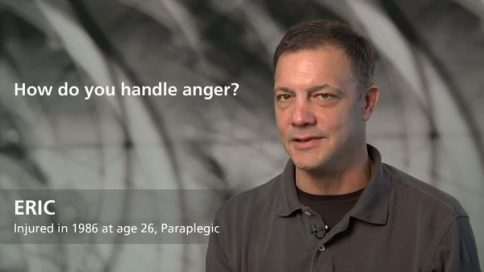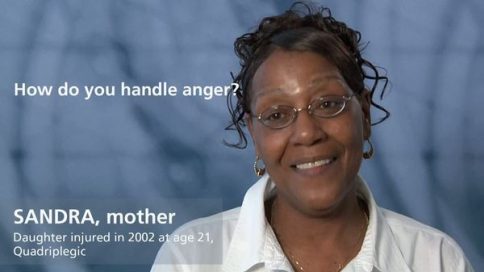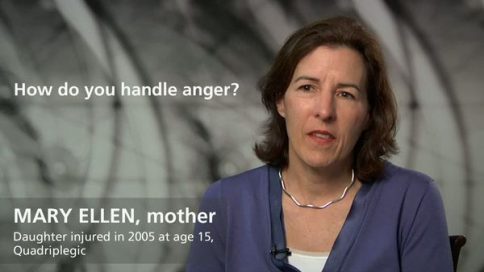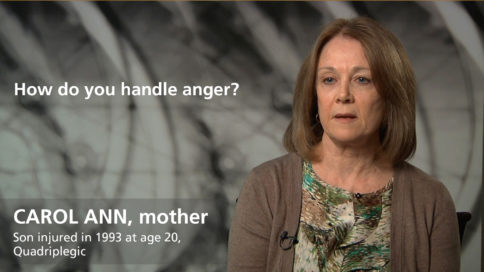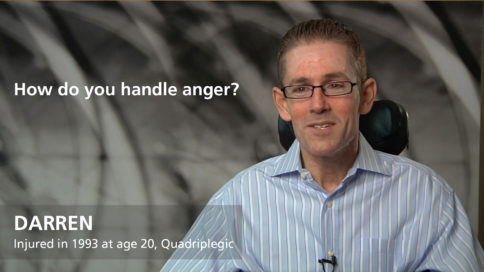What indicates the need for psychotherapy after a spinal cord injury? - Sigmund Hough, PhD
|
|
What indicates the need for psychotherapy after a spinal cord injury? |
|
Sigmund Hough, PhDNeuropsychologist/Spinal Cord Injury Service, VA Boston Healthcare System |
||
| Read Bio | More Videos by Sigmund Hough | |
|
Share |
||
Transcript
Well there are some factors—if you’re suicidal, if you feel that you can’t get out of bed, if you feel you’re just going to give up, that would be a time to speak with someone. Now there are different types of psychotherapy, and sometimes I want to make sure that I have the right approach. And I don’t think you, in my opinion, feel you should have a canned approach to fit everyone, there’s too much diversity out there. So when you feel depressed, there are some people who say, “I feel depressed,” and then I’m like, “Yeah, I understand that.” It doesn’t necessarily mean you need psychotherapy; that’s getting in touch with the reality of the situation. I would worry about a person who had a spinal cord injury and said, “This is something that I look forward to, I’m doing ok.” Now I have met one or two people who’ve said something like that and we talk about it. One person said, “This is not the worst thing that happened to me.” I think people get that and that you have to keep that in mind. Horrible things sometimes people have come through, and so you can’t look at someone and project your feelings onto the situation.
Show Less|
|
||
add
What indicates the need for psychotherapy after a spinal cord injury? |
||
Sigmund Hough, PhDNeuropsychologist/Spinal Cord Injury Service, VA Boston Healthcare System |
More Videos by Sigmund Hough | |
| Transcriptadd | share | |
Well there are some factors—if you’re suicidal, if you feel that you can’t get out of bed, if you feel you’re just going to give up, that would be a time to speak with someone. Now there are different types of psychotherapy, and sometimes I want to make sure that I have the right approach. And I don’t think you, in my opinion, feel you should have a canned approach to fit everyone, there’s too much diversity out there. So when you feel depressed, there are some people who say, “I feel depressed,” and then I’m like, “Yeah, I understand that.” It doesn’t necessarily mean you need psychotherapy; that’s getting in touch with the reality of the situation. I would worry about a person who had a spinal cord injury and said, “This is something that I look forward to, I’m doing ok.” Now I have met one or two people who’ve said something like that and we talk about it. One person said, “This is not the worst thing that happened to me.” I think people get that and that you have to keep that in mind. Horrible things sometimes people have come through, and so you can’t look at someone and project your feelings onto the situation.
